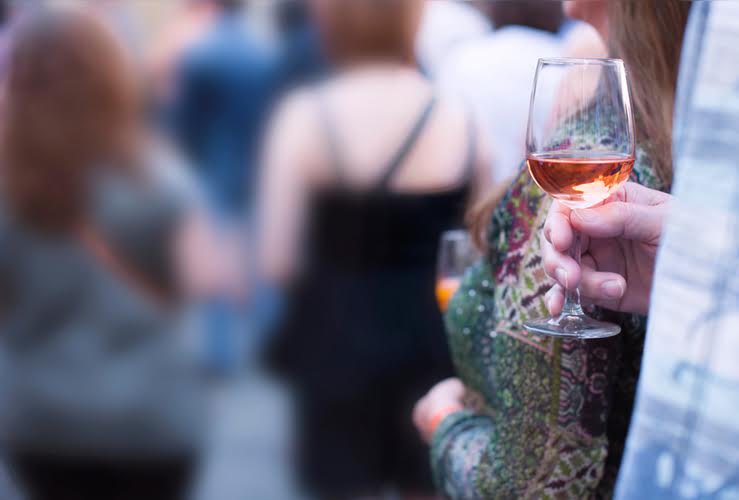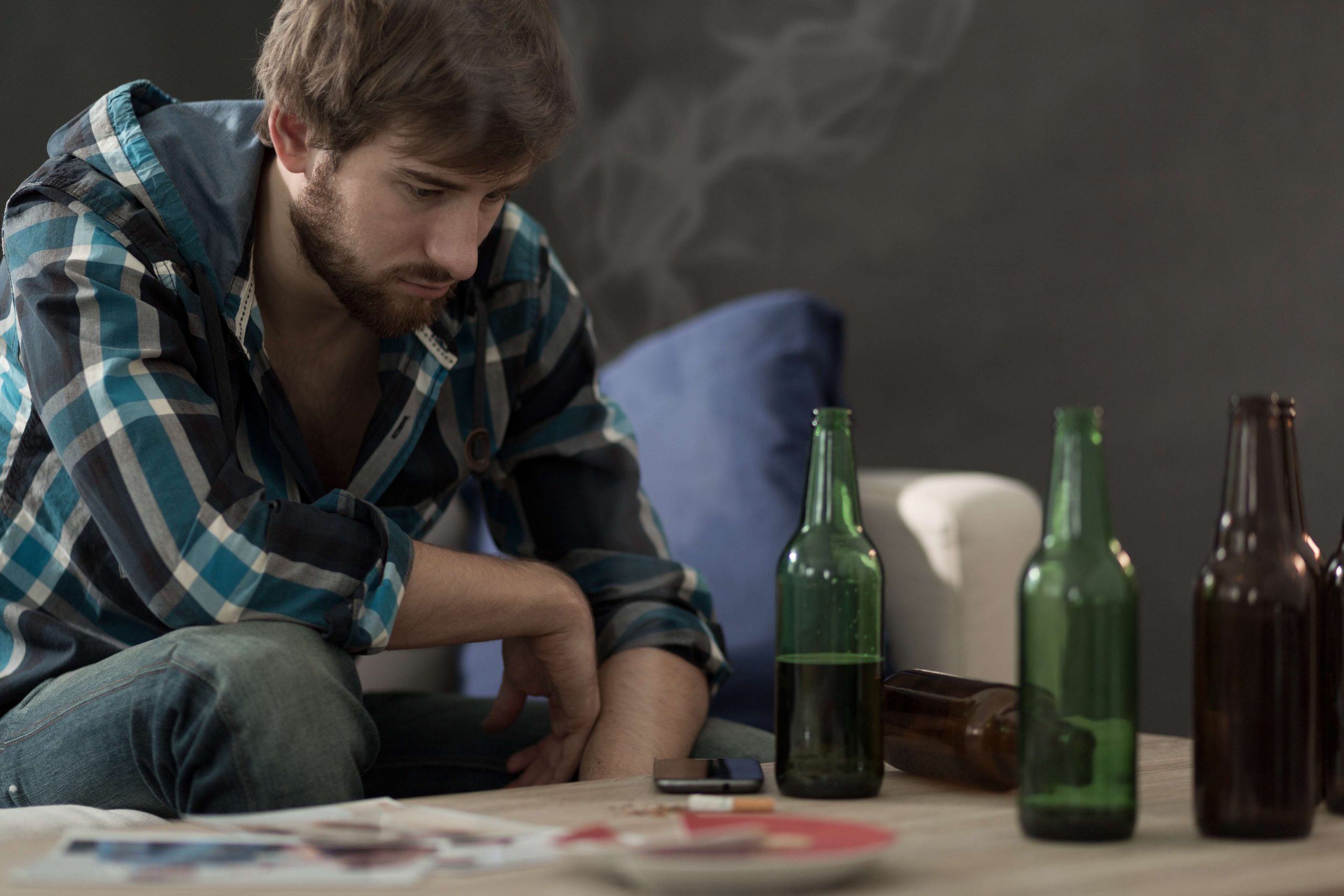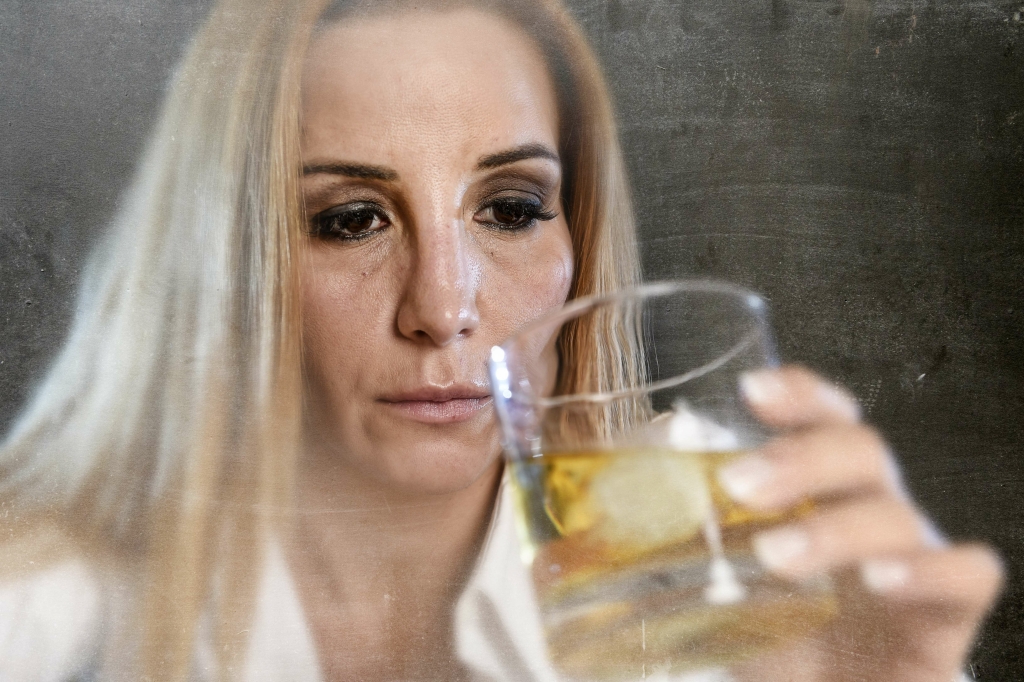Dependence on alcohol may also trigger severe withdrawal symptoms, including tremors, hallucinations, and seizures, which require medical attention. If we’re experiencing any of these after excessive alcohol consumption, we could have alcohol dehydration, which can result in serious health consequences. Alcohol is a depressant, meaning it slows down the body’s functions, including the production of hormones and other important chemicals.
Zero Sugar Classic Variety Pack
When drinking alcohol, you may become less cautious and more likely to engage in behaviors and take risks you wouldn’t consider when sober. While alcohol can initially boost your mood, these effects are temporary and wear off quickly. Alcohol impairs the brain’s ability to regulate emotions, and mood changes are common. As the night wears on, you may notice your cheerful feelings soon begin to shift to irritability, sadness, aggression, or anxiety.
Reasons you’re dehydrated

If possible, try to eat foods that are high in electrolytes, such as fruits or vegetables. If you suspect alcohol-related dehydration, it’s essential to drink water or electrolyte-replenishing fluids to rehydrate and seek medical attention if symptoms are severe or persistent. Drinking alcohol at a slower pace can reduce its dehydrating effects. Alternating alcoholic drinks with water or other non-alcoholic beverages can also help maintain hydration levels.
What are the symptoms of alcoholic ketoacidosis?

Alcohol’s diuretic effect sets in even after just one drink and escalates as you keep the booze coming. The diuretic effects of alcohol can lead to losing up to four times as much liquid as you gain from drinking it. However, alcohol can amplify this process, resulting in a noticeable increase in water vapor expelled with every breath. The more you indulge in your favorite alcoholic beverages, the more likely you are to lose water through exhalation. Your respiratory system is yet another victim of alcohol’s dehydrating properties. Did you know that alcohol can disrupt the delicate balance of fluid and moisture in your airways?
Before your night out, make sure you have a good meal with plenty of carbs, such as rice, pasta, or potato. This will help your body to slow down the amount of alcohol going into your system. If you or your child experience symptoms of severe dehydration, seek immediate why does alcohol dehydrate you medical attention. They protect organs and tissues, regulate body temperature, and maintain electrolyte balance. In addition, fluids aid in digestion and help remove waste products in urine, stool, and sweat. Dehydration is a common condition that occurs when your body doesn’t have enough fluids to function normally.
Before we dive into the effects of alcohol on dehydration, it’s essential to understand what dehydration entails. Dehydration is a condition that occurs when your body loses more fluids than it consumes. This can happen due to various reasons, such as exercising intensely or not drinking enough fluids, particularly water. When you are dehydrated, your body lacks the necessary fluids to function optimally, leading to symptoms like dry mouth, fatigue, dizziness, and even confusion. Caffeine can cause urinary frequency because it irritates the bladder, resulting in spasms of the bladder wall that are perceived by the person as an urge to urinate 2. Alcohol, via its effect of inhibiting water conservation, can also result in frequent urges to urinate.
Dehydration from Alcohol: How to Bounce Back from a Hangover (Or Prevent One)
Eating before or during drinking can reduce the risk of dehydration, as the food will help to absorb some of the alcohol. The key to making sure a night out doesn’t turn Sobriety into a head-pounding hangover is to drink plenty of water throughout, Mieses Malchuk says. That will increase your ability to reabsorb water, and leave you more likely to wake up feeling sparkling and ready to face the day — or at least less inclined to put a pillow over your head.

The Reframe app equips you with the knowledge and skills you need to not only survive drinking less, but to thrive while you navigate the journey. Our daily research-backed readings teach you the neuroscience of alcohol, and our in-app Toolkit provides the resources and activities you need to navigate each challenge. Mark Halsey is a licensed therapist, founder, and chief editor of Clean Break Recovery. With over a decade of addiction treatment experience, Mark deeply understands the complex needs of those struggling with addiction and utilizes a comprehensive and holistic approach to address them. He is well-versed in traditional and innovative therapies, including cognitive-behavioral therapy, motivational interviewing, and mindfulness-based interventions. Dehydration contributes to hangovers but is just a piece of the puzzle.
- Alcohol impairs the brain’s ability to regulate emotions, and mood changes are common.
- If the brain shrinks away from the skull, it can cause a dehydration headache, but when alcohol enters the fray, another factor is introduced that may induce headaches in some people.
- Decades of studies, including research from as far back as the 1940s show that alcohol doesn’t actually cause significant dehydration (Eggleton, 1942).
Those already prone to dehydration should consider avoiding or moderating their alcohol consumption. Although mild to moderate dehydration can usually be treated at home, moderate to severe dehydration may require medical treatment, such as receiving fluids through an IV. Talk to your doctor if you aren’t sure of the severity of your symptoms. The word ‘moderate’ is commonly played out when it comes to alcohol consumption, including packaging and advertising. Defining ‘moderate consumption’ typically refers to guidance that outlines recommended alcohol intake.
- Alcohol intoxication also interferes with the circadian nighttime secretion of growth hormone, which is important in bone growth and protein synthesis.
- When you drink alcohol, your body produces more urine than usual.
Type and amount of alcohol consumed:
After a night of drinking it’s important to make sure you rehydrate. Stoutz says the best way to hydrate https://slidingsoket.com/100-most-inspiring-addiction-recovery-quotes/ is to alternate alcohol and water while you’re drinking. Skin redness from alcohol typically fades away as the effects of alcohol wear off.
- When you overload your system with water, it gets rid of the excess when you pee.
- While these drinks don’t cause dehydration, large amounts may increase urine production.
- Focus on what you need to feel calm, whether that’s curling up in a blanket or texting a friend, and remember that you’ll feel better soon.
The effects of dehydration, moderate alcohol consumption, and rehydration on cognitive functions
Shortly after consumption, your body rapidly absorbs alcohol into the bloodstream. Once in the bloodstream, alcohol affects every organ in the body, including your brain. Dehydration can also cause fatigue and drowsiness, which can increase the risk of accidents, particularly when driving or operating heavy machinery. This is because dehydration can cause a decrease in blood volume and low blood pressure, which can lead to reduced blood flow to the brain, causing fatigue and drowsiness.




